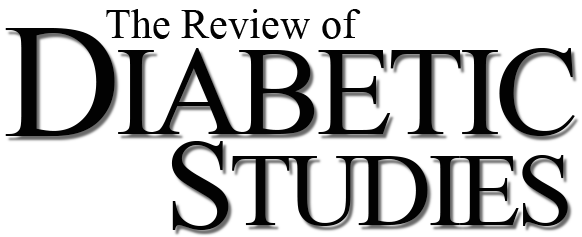Derivation of Insulin-Producing Beta-Cells from Human Pluripotent Stem Cells
Jacqueline V. Schiesser , Suzanne J. Micallef , Susan Hawes , Andrew G. Elefanty, Edouard G. Stanley
Monash Immunology and Stem Cell Laboratories (MISCL), Level 3, Building 75, STRIP1, West Ring Road, Monash University, Clayton, Victoria, 3800, AustraliaAbstract:
Human embryonic stem cells have been advanced as a source of insulin-producing cells that could potentially replace cadaveric-derived islets in the treatment of type 1 diabetes. To this end, protocols have been developed that promote the formation of pancreatic progenitors and endocrine cells from human pluripotent stem cells, encompassing both embryonic stem cells and induced pluripotent stem cells. In this review, we examine these methods and place them in the context of the developmental and embryological studies upon which they are based. In particular, we outline the stepwise differentiation of cells towards definitive endoderm, pancreatic endoderm, endocrine lineages and the emergence of functional beta-cells. In doing so, we identify key factors common to many such protocols and discuss the proposed action of these factors in the context of cellular differentiation and ongoing development. We also compare strategies that entail transplantation of progenitor populations with those that seek to develop fully functional hormone expressing cells in vitro. Overall, our survey of the literature highlights the significant progress already made in the field and identifies remaining deficiencies in developing a pluripotent stem cell based treatment for type 1 diabetes.
Keywords
diabetes · embryonic stem cells · differentiation · pancreas · insulin-producing cells · pluripotent cells · progenitor · transplantation,.Editor
MD, PhD
Abbreviation Title
Rev Diabet Stud
